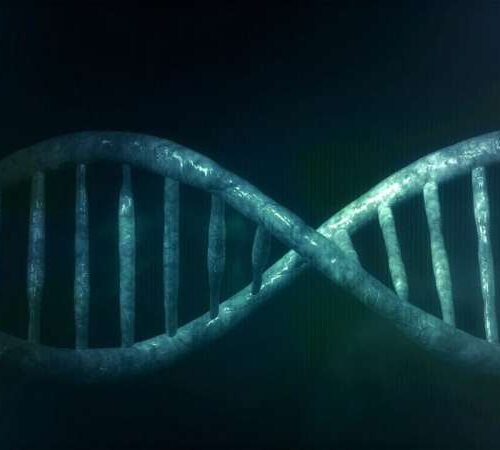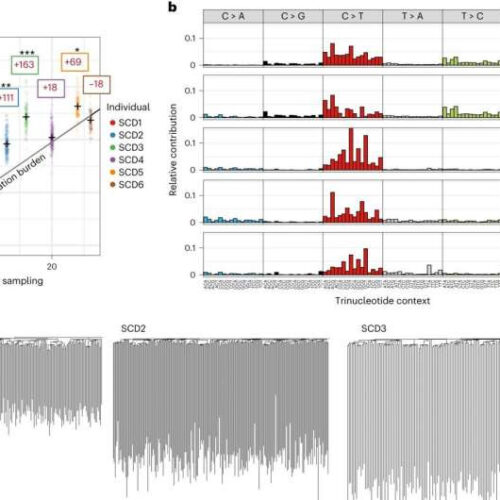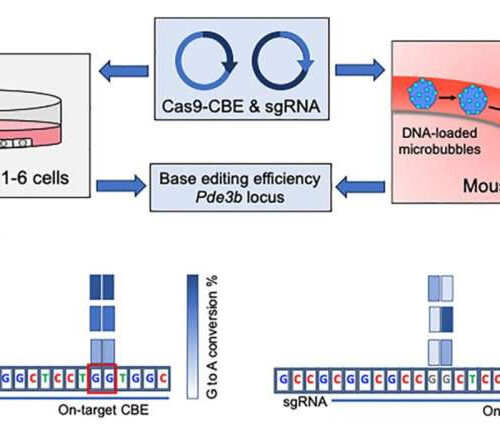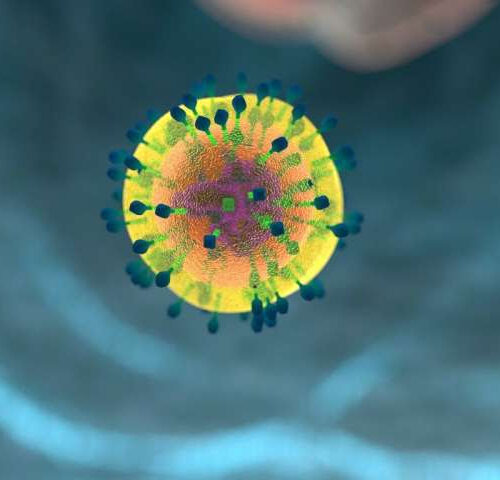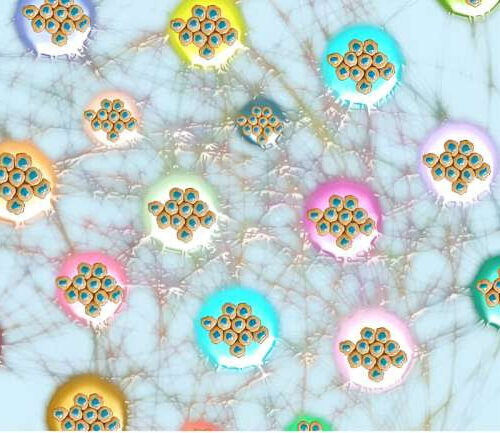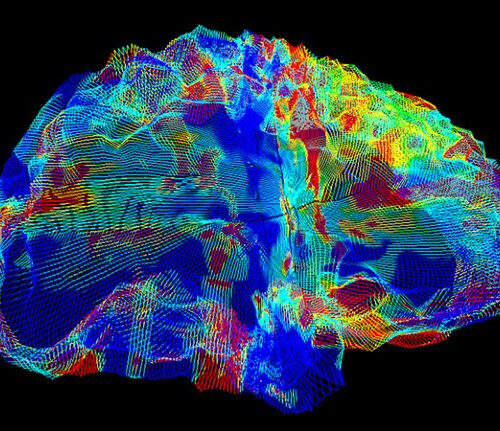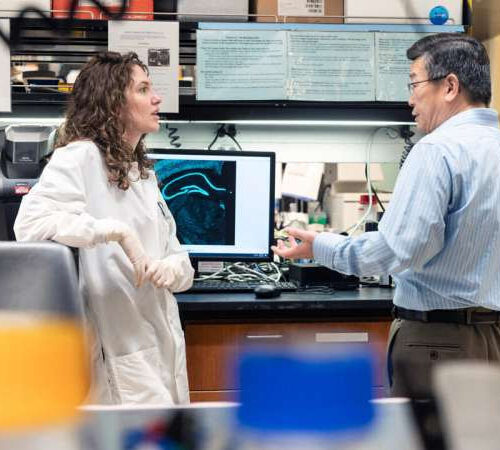by Danielle Galvin, University of Melbourne Credit: CC0 Public Domain A new study led by University of Melbourne researchers has discovered a link between a new gene pathway and structural brain anomalies in some people who stutter into adulthood, opening up promising research avenues to enhance the understanding of persistent developmental stuttering. Published in the journal...
Category: <span>Genetics</span>
Genetic Therapies Bring Change to Neurology Clinics
Jim Kling PHOENIX – New therapies are on the horizon for genetic neuromuscular diseases, and this will raise both hopes for patients and challenges for neurologists. Following successful genetic treatments for ALS, hereditary amyloidosis, and spinal muscular atrophy, therapies for conditions like Charcot-Marie-Tooth (CMT) neuropathy are set to change neurology practice, according to Nicolas Madigan,...
New research advances understanding of cancer risk in gene therapies
by University of York Landscape of somatic mutations in SCD. a, Dot-plot showing the number of mutations per HSPC for each patient plotted against the patient age at the time of sampling. SNV mutation burdens of individual HSPC colonies from before GT, with correction for coverage, are displayed per patient. Mean mutation burdens per individual are...
Gene finding provides new insights into pancreas development and helps search for type 1 diabetes cure
by University of Exeter Credit: Unsplash/CC0 Public Domain Understanding how the human pancreas develops is crucial to allow scientists to make insulin producing–beta cells in the quest to cure type 1 diabetes. Now, scientists have made a unique and surprising discovery—a gene that is essential for making the pancreas in humans is not present in almost...
Microbubble gene therapy may protect against heart disease
by University of Hawaii at Manoa Credit: Molecular Therapy – Nucleic Acids (2023). DOI: 10.1016/j.omtn.2023.07.032 Gene therapy has great promise for treating genetic diseases, and even for more common diseases such as atherosclerosis (hardening of the arteries). Over the past decade, the gene-editing technology CRISPR (Clustered Regularly Interspaced Short Palindromic Repeats)—a family of DNA sequences found...
Disrupting a single gene could improve CAR T cell immunotherapy, new study shows
by Jim Stallard, Memorial Sloan Kettering Cancer Center Credit: Pixabay/CC0 Public Domain CAR T cell therapy, a powerful type of immunotherapy, has begun to revolutionize cancer treatment. Pioneered at Memorial Sloan Kettering Cancer Center (MSK), the therapy involves engineering a patient’s T cells so they recognize and attack cancer cells. These CAR (chimeric antigen receptor) T...
Researchers find more than 4,700 gene clusters crucial for prognosis in 32 cancer types
by The Mount Sinai Hospital Artistic representation of the gene clusters that influence cancer progression in Drs. Xu and Zhang’s latest research study in Genome Research. Credit: Mount Sinai Health System Researchers at the Mount Sinai Center for Transformative Disease Modeling have released a study identifying 4,749 key gene clusters, termed “prognostic modules,” that significantly influence...
First trial of ‘base editing’ in humans lowers cholesterol — but raises safety concerns
Super-precise gene-editing approach switches off a gene in the liver that regulates ‘bad’ cholesterol. Miryam Naddaf Cholesterol crystals (red) in a lipid droplet in a human liver.Credit: Steve Gschmeissner/Science Photo Library The first trial in humans of the precise gene-editing technique known as base editing has shown promising results for keeping cholesterol levels in check....
AI that reads brain scans shows promise for finding Alzheimer’s genes
Machine-learning approach detects Alzheimer’s disease with an accuracy of more than 90% — a potential boon for clinicians and scientists developing treatments. Max Kozlov AI that reads brain scans shows promise for finding Alzheimer’s genesMachine-learning approach detects Alzheimer’s disease with an accuracy of more than 90% — a potential boon for clinicians and scientists developing...
The ‘Christchurch mutation’: How good can overpower evil in the genetic determination of Alzheimer’s disease
by Gladstone Institutes New research, led by a Gladstone team including Maxine Nelson (left) and Yadong Huang (right), sheds light on protective mechanisms of the “Christchurch mutation.” Credit: Michael Short/Gladstone Institutes (2023) Researchers at Gladstone Institutes have discovered that a rare genetic variant known as the “Christchurch mutation” can block detrimental effects of apolipoprotein E4, the...

